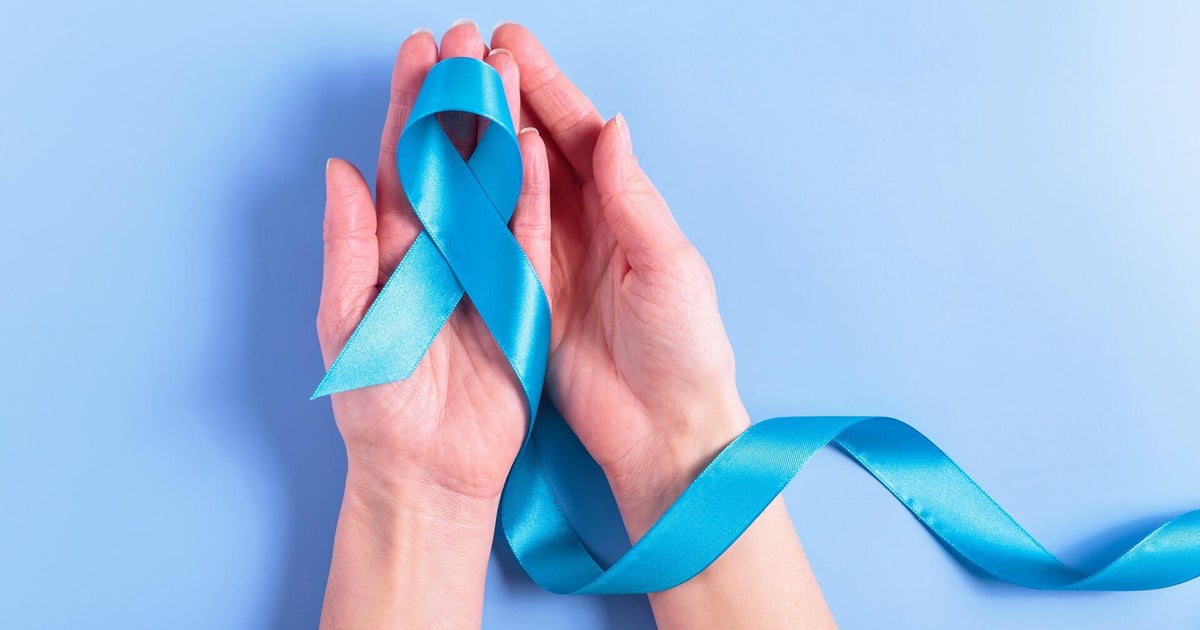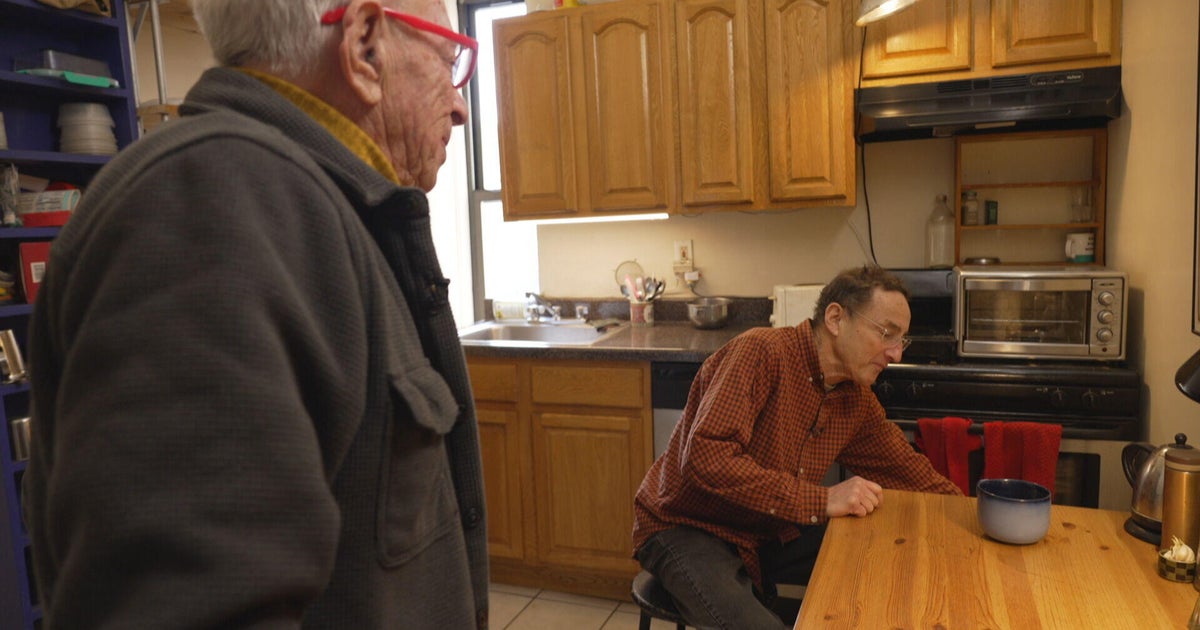Andy Cohen says he has "robust" antibodies, but can't donate them because of "discriminatory" rules
Bravo star Andy Cohen said FDA restrictions on gay men who want to donate blood plasma are "discriminatory." The "Watch What Happens Live" host, who had COVID-19 in March, told "The View" on Tuesday that a doctor recently told him he had "robust" antibodies, yet he couldn't give them to people who need them.
After recovering from COVID-19, Cohen, who is openly gay, turned his attention to an FDA policy that doesn't allow men to donate plasma if they've had sex with another man in the past three months. Since coronavirus survivors may have antibodies that could help others fight the virus, he told "The View" hosts that he was tested and his doctor told him his antibodies were strong and healthy, which was "unusual" months after having the virus.
"I thought, 'What a loss.' Here I have these robust antibodies and I can't share my plasma and possibly help anybody," he said. "So, extreme disappointment. I think that this is something that I've been speaking up about because I think that ... we need help here."
Cohen, who is HIV-negative, believes the FDA is "worried" about HIV showing up in blood. However, some tests can find out if a person is HIV-positive in 20 minutes, according to the CDC.
"It is discriminatory," Cohen said. "I don't understand it."
He has called out the issue before. In an interview on "CBS This Morning," he said he was disappointed he couldn't give plasma in April.
"I've known in the past about the fact that gay men cannot donate blood," Cohen said. "But I think we're in an unusual situation right now. We're in a war against a disease that we don't know a lot about, and there's an urgent need for the antibody that is in people like me who have survived coronavirus."
The FDA told "CBS This Morning" that it was working on a pilot study with 2,000 men to determine whether an individual risk-assessment questionnaire would be as effective as the current policy.
In April. the FDA relaxed blood donation rules for gay men in response to the "urgent and immediate need for blood" due to the coronavirus pandemic. For over three decades, until just five years ago, a blanket ban barred any gay or bisexual man from donating blood. Federal health officials lifted the lifetime ban on blood donations from gay and bisexual men in 2015, but kept a year-long restriction. The lifetime ban was put in place during the early years of the AIDS crisis and was intended to protect the blood supply from what was a then little-understood disease.
Additional reporting by CBS News' Audrey McNamara.



